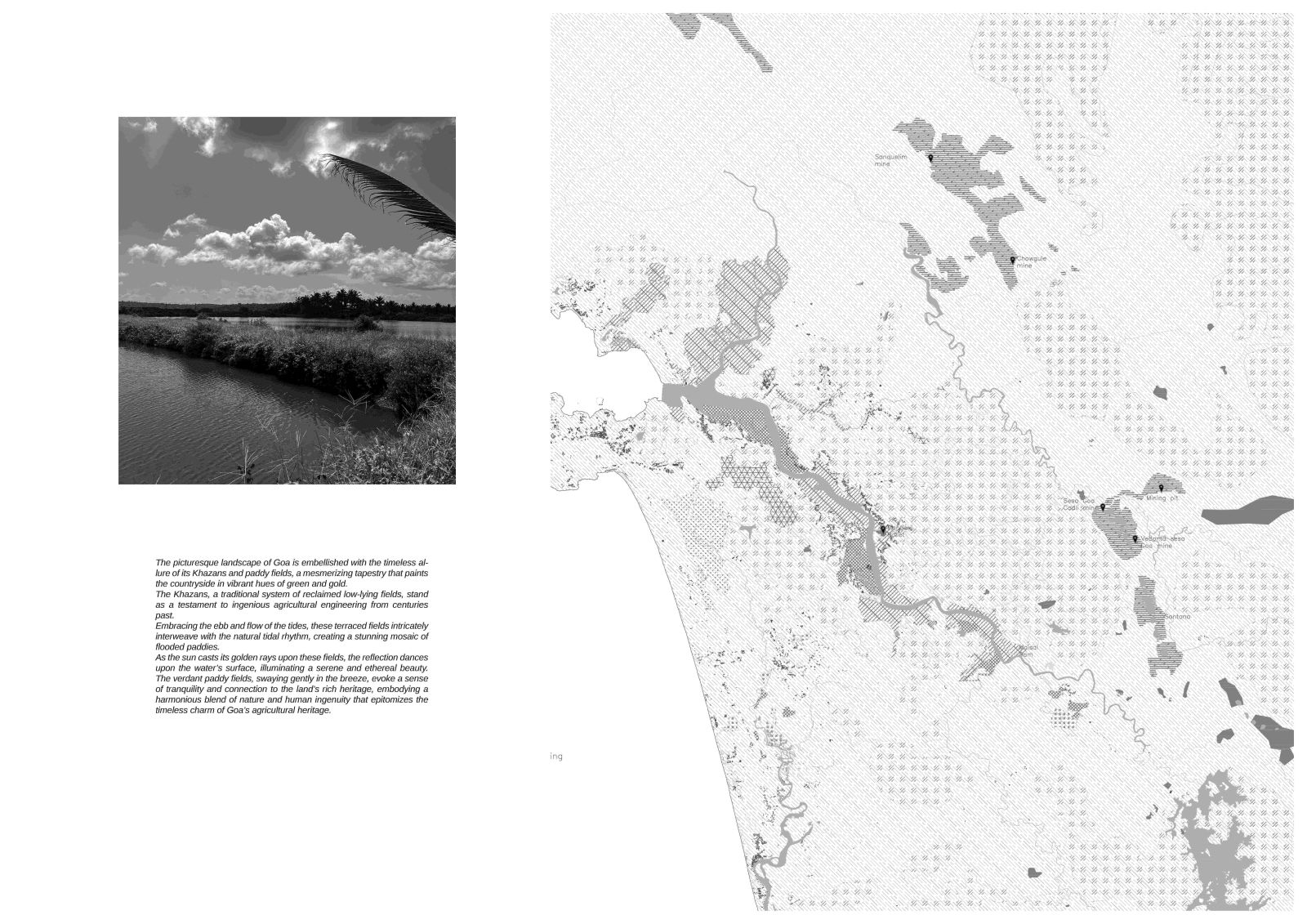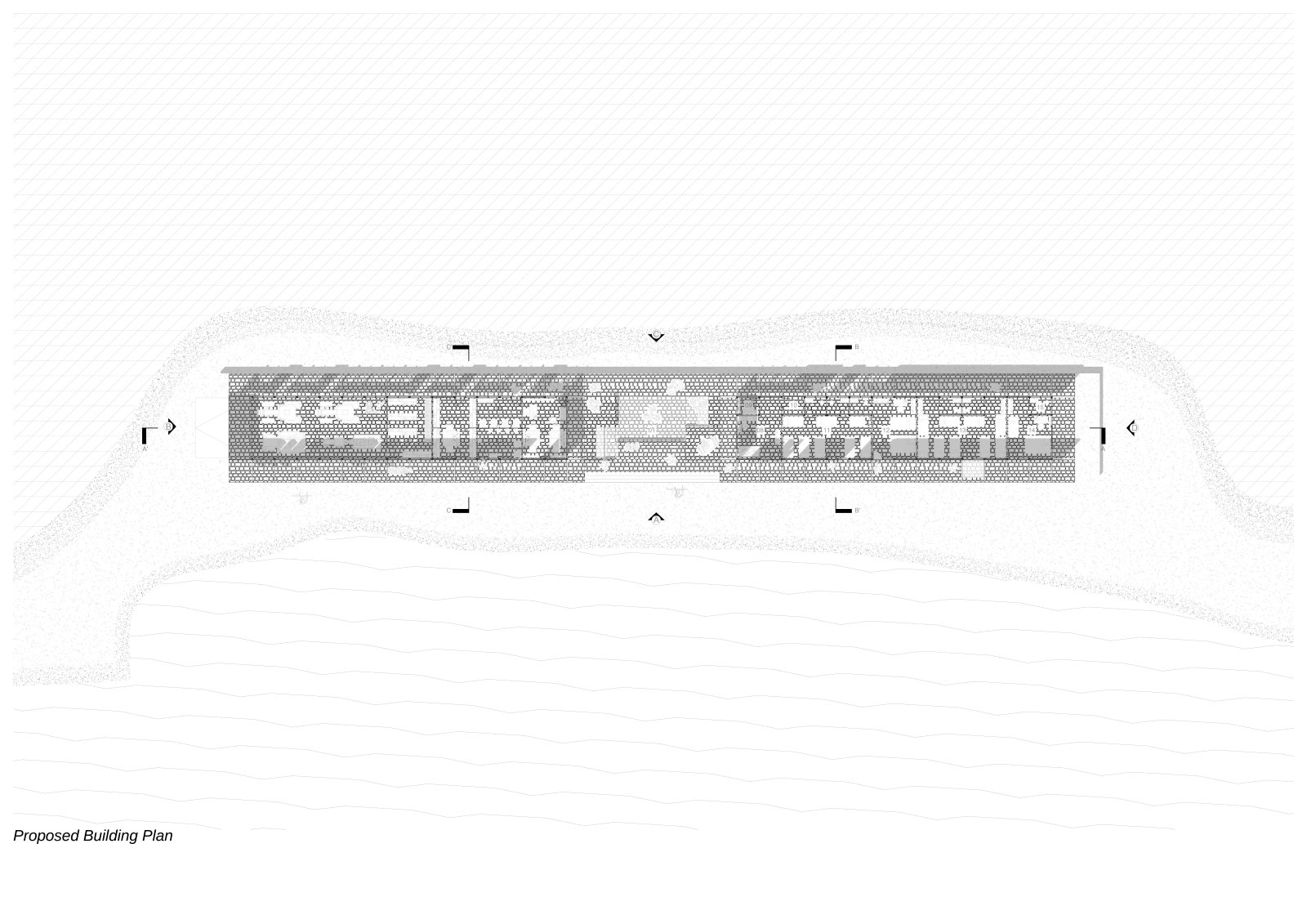Your browser is out-of-date!
For a richer surfing experience on our website, please update your browser. Update my browser now!
For a richer surfing experience on our website, please update your browser. Update my browser now!
To enhance the well-being of local farmers and communities dependent on Khazans in Goa through sustainable agricultural practices, resource management, and community development. Enhancing the well-being of Khazan farmers and their communities is a primary goal of our proposed program. This initiative aims to achieve several key objectives that are integral to the prosperity and sustainability of Khazan farming. First and foremost, we aspire to boost agricultural productivity and income for Khazan farmers, thereby improving their livelihoods and economic stability. Concurrently, we recognize the urgency of bolstering resilience in the face of climate change and natural disasters, which pose significant challenges to the region's agriculture. Another vital facet of this program is the preservation of traditional agricultural practices and the conservation of local ecological systems. By doing so, we aim to maintain the unique cultural heritage and environmental balance that Khazan farming embodies. Furthermore, we seek to strengthen community bonds and foster increased participation in local governance, empowering communities to actively shape their own future. This community-centered approach is pivotal in achieving sustainable development and fostering a sense of ownership among Khazan residents. The sustainable management of Khazan resources is a core aspect of our program, with a focus on ensuring that these resources endure for future generations. We also aim to identify economic opportunities beyond agriculture that can contribute to the broader development of the region. To accomplish these goals, we propose a collaborative effort involving local agricultural departments, environmental organizations, community leaders, and Khazan farming experts. Continuous engagement with local communities and adaptive management, based on ongoing assessments, will be central to the program's long-term success. Securing funding and support from government agencies, NGOs, and philanthropic organizations is critical to effectively implement and sustain this project. Together, we can work towards a brighter and more prosperous future for Khazan farmers and their communities.









